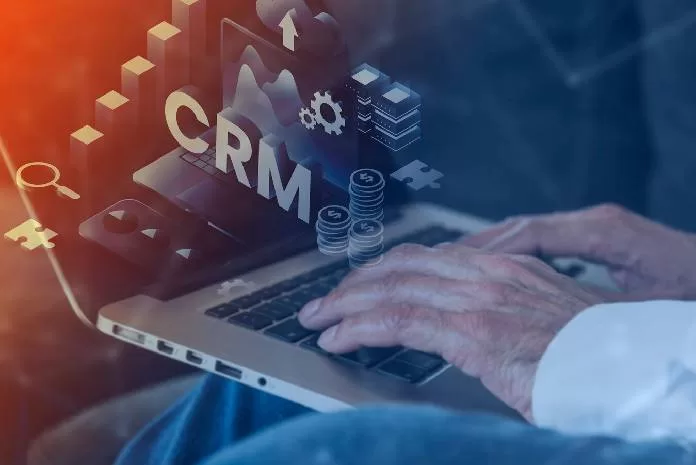Where Heritage Meets Haute Couture New Delhi, May 8, 2025 – Lawrence & Mayo, one of India’s oldest and most...
imagine
At ServiceNow’s annual customer and partner event, Knowledge 2025, ServiceNow, the AI platform for business transformation, unveiled the next milestone...
14th December 2024: Marking Energy Conservation Week, initiated by the Bureau of Energy Efficiency (BEE), Vedanta Aluminium, India’s largest producer...
Mumbai, 17 January 2023 – Almost three quarters (78%) of Indian CEOs imagine international financial development will decline over the...




